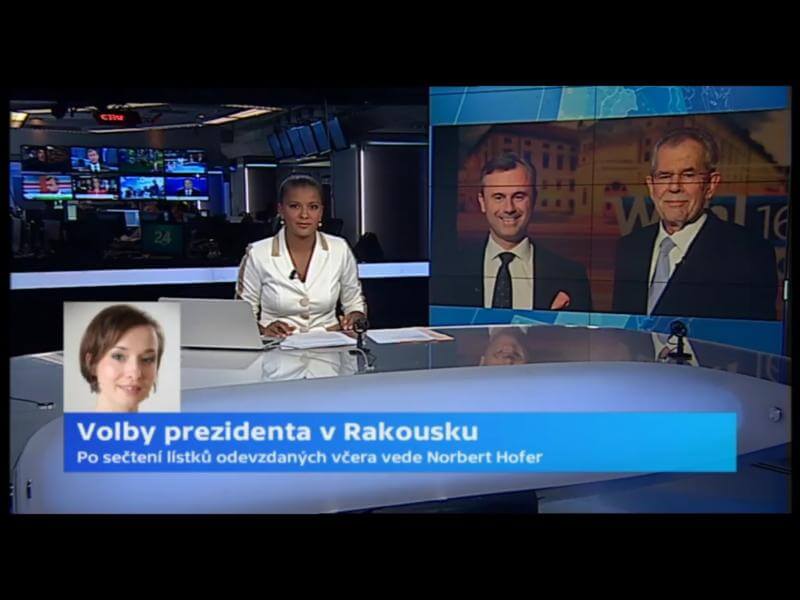Politicizing the scientific self through media interventions
Anna Durnova, Institue for Advanced Studies, Vienna - Technoscience and Societal TransformationBoston 2017: Open

The digital knowledge-era has reached a situation, where the public is overwhelmed with information, neither distinguishing between serious news and fake news nor seeing knowledge as a value for itself. Some speak in this context of “digital Darwinism” reflecting the interaction pattern that the loudest and the most radical dominate the discussion space and, to certain extent, the public discourse. That actual science must counterattack this trend but struggles how to do so, has been a key comment on 2016 political developments: we seem to have landed in post-factual times and science should take the facts back on board. This presentation takes the post-factual context to analyze author’s one year experience in her function as a commentator of the Austrian presidential elections for Czech Television and Broadcast.

Applying auto-ethnographic approach the paper explores the semantic boundaries coproducing the public performance of scientific knowledge and calls for emotional strategies of the “scientific self”. These semantic boundaries are situated, on the one hand, prior to the media intervention (squeezing in the facts that are not addressed by journalist’s questions, or the rejections to comment on biased questions). On the other hand, they are formed by the reactions posterior to the intervention in the social media sites, including related threads and cyber-bullying of the author because they were having effect on further media interventions yet to come.
The personal experience of being attacked as a “euro slut”, as bringing “fake facts” and serving “liberal left hegemony” is used here as an analytic blueprint to investigate emotions’ role in the performance of scientific inquiry. Against the background of the Public Understanding of Science scholarship, the paper concludes by suggesting that emotions enter fact-making and that this has impact on our means of analysis and public performance of such analysis.
Published: 01/30/2023
